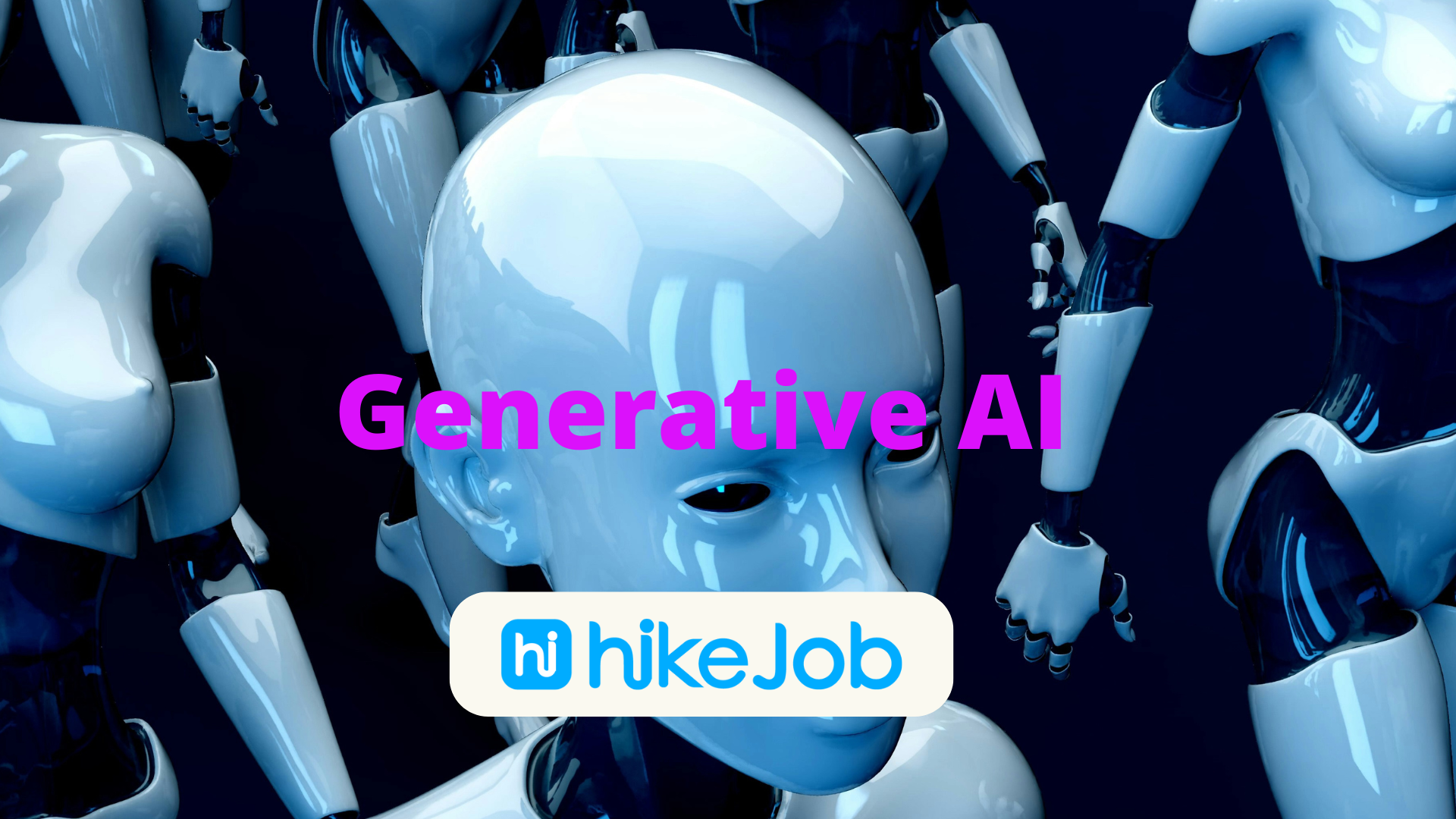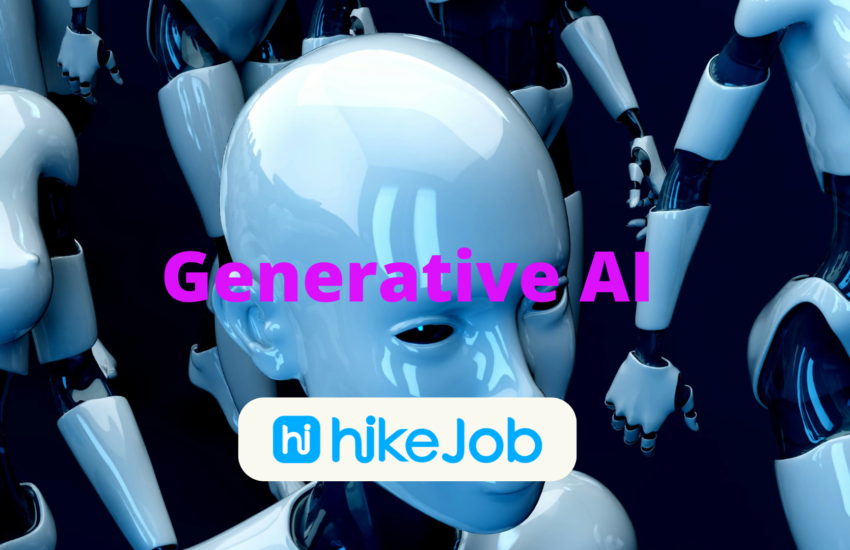The Rise of Generative AI: Transforming the Future of Technology
In recent years, generative AI has surged to the forefront of technological advancements, fundamentally transforming how we interact with machines. From creative content generation to intricate problem-solving, AI is reshaping numerous industries. In this blog post, we’ll explore what AI is, its applications, and the future potential it holds.

What is Generative AI?
Generative AI refers to a category of artificial intelligence systems capable of creating new content. Unlike traditional AI, which typically focuses on analyzing and reacting to data, AI leverages deep learning models to produce novel outputs. These outputs can range from text, images, music, and even code. The most well-known generative AI models include OpenAI’s GPT-4 and DALL-E, which can generate human-like text and images, respectively.
Applications of Generative AI
- Content Creation: One of the most visible applications of AI is in content creation. Writers, marketers, and developers are increasingly using tools like GPT-4 to draft articles, generate marketing copy, and even write code. This not only speeds up the content creation process but also allows for more creativity and personalization.
- Art and Design: AI models like DALL-E and DeepArt are revolutionizing the art world. Artists can collaborate with AI to create unique pieces of art, pushing the boundaries of creativity. These tools can generate stunning visuals from textual descriptions, offering endless possibilities for artistic expression.
- Music and Entertainment: In the music industry, AI models like OpenAI’s MuseNet can compose original music in various styles. This has opened up new avenues for musicians and producers to experiment with different genres and sounds, enhancing the creative process.
- Healthcare: Generative AI is making significant strides in healthcare, particularly in drug discovery and medical imaging. AI models can generate molecular structures for potential drugs and help in designing treatments for complex diseases. In medical imaging, AI can enhance the resolution of scans, aiding in more accurate diagnoses.
- Education and Training: Educational content is being transformed with AI. AI-driven tools can create customized learning materials, quizzes, and interactive simulations, making education more engaging and tailored to individual learning styles.
The Future of Generative AI
The potential of generative AI is vast and largely untapped. As these models continue to evolve, we can expect even more sophisticated applications. Here are a few trends to watch:
- Enhanced Creativity: With advancements in AI, we will see more collaboration between humans and machines, leading to unprecedented levels of creativity and innovation.
- Ethical and Responsible AI: As AI becomes more prevalent, ethical considerations will be paramount. Ensuring that AI-generated content is used responsibly and does not perpetuate biases or misinformation will be crucial.
- Personalized Experiences: AI will play a key role in creating personalized experiences in various fields, from entertainment to education, by tailoring content to individual preferences and needs.
- Improved Human-AI Interaction: The integration of generative AI in everyday applications will lead to more intuitive and seamless interactions between humans and machines, enhancing user experiences.
Conclusion
The rise of generative AI marks a significant milestone in the evolution of technology. Its ability to create and innovate is transforming industries and unlocking new possibilities. As we move forward, the challenge will be to harness the power of generative AI ethically and responsibly, ensuring that its benefits are maximized while mitigating potential risks. The future of generative AI is bright, and its impact will undoubtedly be profound, shaping the way we live, work, and create.
By staying informed and engaged with these developments, we can better prepare for a future where generative AI plays a central role in our technological landscape.

